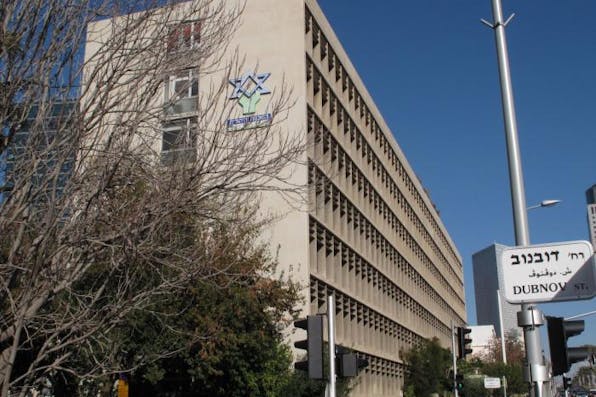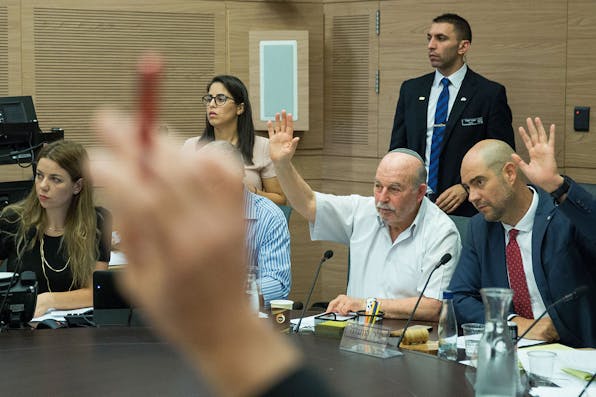
July 23, 2018
For the Sake of Any Future Dialogue, Israeli and Diaspora Jews Need First to Define Who They Are
What does each one stand for, and what are its baseline responsibilities toward the other?
Natan Sharansky and Gil Troy have presented a compelling overview of the relations between Israel and diaspora Jewry—and, especially, between Israeli and American Jews: their strengths, their weaknesses, their stumbling blocks. The authors’ analysis of the deepening gap between the world’s two largest Jewish communities is singularly accurate, insightful, and thought-provoking. Their vision of a Jewish People’s Council gathering representatives from Israel and Jewish populations abroad is, if not new, timelier than ever.
That said, however, Sharansky and Troy have yet to answer some fundamental questions. In particular, their essay presumes that Israel and the diaspora can preserve or even refine their interaction without first having adequately defined who they are. I think otherwise.
The Zionist movement aspired to create a Jewish nation-state on the model of Germany and France. Indeed, that is how Israel defines itself today, as the nation-state of the Jewish people. But what are the ramifications of that self-definition? What role does Israel arrogate for itself vis-à-vis world Jewry, and what responsibilities does that role incur?
Responses to July ’s Essay

July 2018
Does Such an Entity as “the Jewish People” Still Exist?
By Allan Arkush
July 2018
Who Speaks for American Jews Now?
By Elliott Abrams
July 2018
For the Sake of Any Future Dialogue, Israeli and Diaspora Jews Need First to Define Who They Are
By Michael Oren
July 2018
The Answer to the Israel-Diaspora Malady Lies Not in Better Organizations But in More Committed Jews
By Ammiel Hirsch
July 2018
The Weakest Link
By Natan Sharansky, Gil Troy